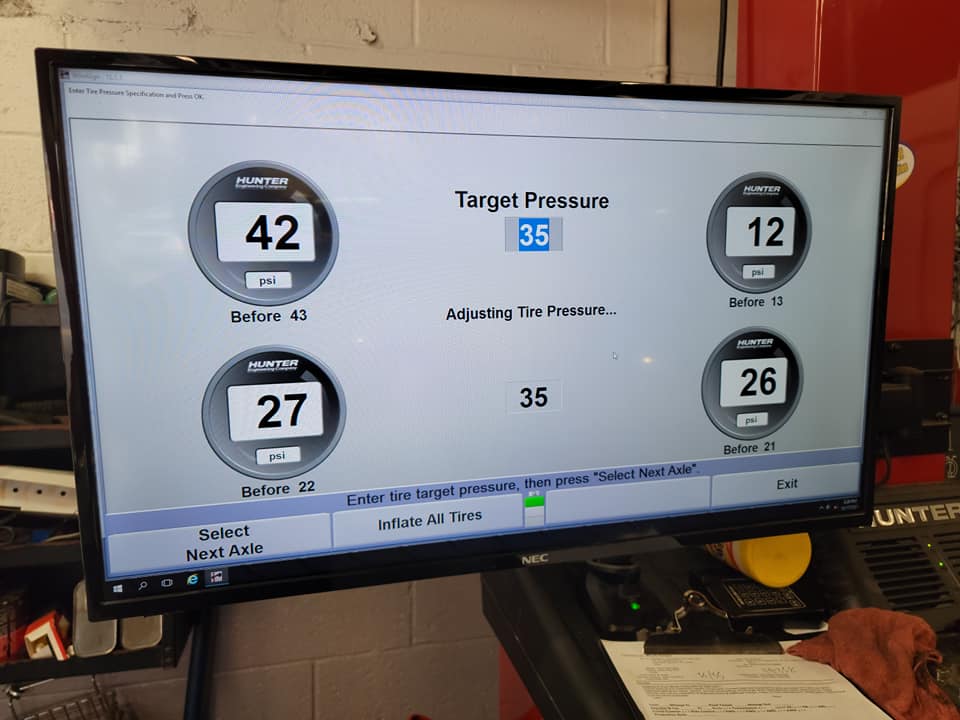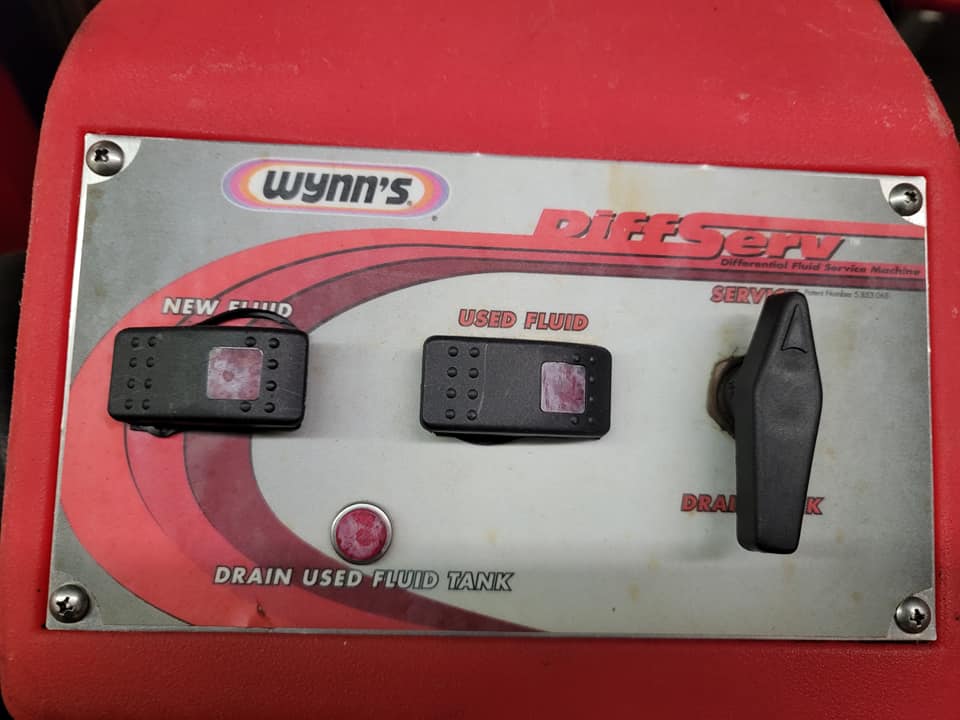Posted on 1/24/2023

When your TPMS (Tire Pressure Monitoring System) light is on, it generally indicates that one or more of your vehicle's tires have low air pressure or that there is an issue with the TPMS system itself. The TPMS is designed to monitor the air pressure in your tires and alert you when the pressure falls below a certain threshold, usually set by the vehicle manufacturer. Here are a few reasons why your TPMS light might be on: Low tire pressure: The most common reason for the TPMS light to come on is that one or more tires have low air pressure. This can be caused by a slow leak, a puncture, or natural pressure loss over time. In this case, you should check the air pressure in all your tires (including the spare tire, if equipped) and inflate them to the recommended pressure specified in your owner's manual or on the placard located on the driver's side door jamb. Rapid pressure loss: A rapid loss of tire pressure, such as from a puncture or impact, can also trigger ... read more
Posted on 1/12/2023

Flushing your vehicle's fluids is important for several reasons: Contaminants: Over time, fluids in your vehicle can become contaminated with dirt, debris, and other particles that can damage your vehicle's engine or other components. Flushing your fluids removes these contaminants, which can improve the performance and lifespan of your vehicle. Oxidation: Some fluids, such as brake fluid and power steering fluid, can break down over time due to oxidation. Flushing these fluids and replacing them with fresh fluids can help prevent corrosion and other damage caused by oxidized fluids. Overheating: Old, dirty coolant can cause your vehicle to overheat, which can damage your engine and other components. Flushing your coolant and replacing it with fresh coolant can help regulate your vehicle's temperature and prevent overheating. Lubrication: Some fluids, such as engine oil and transmission fluid, are essential for lubricating your vehicle's moving parts. Old or dirty f ... read more